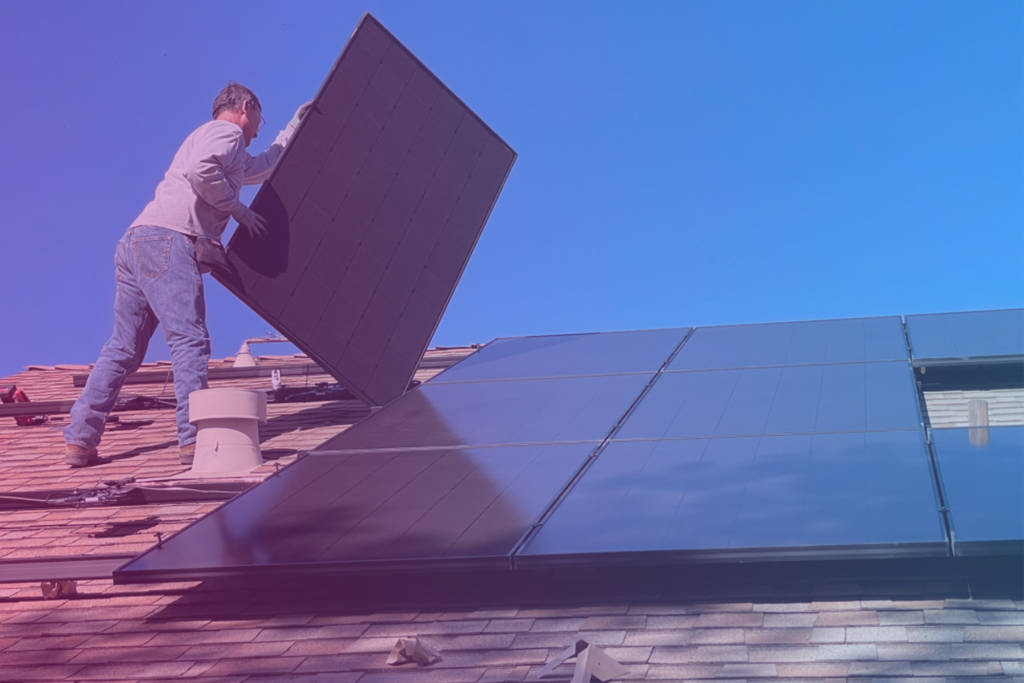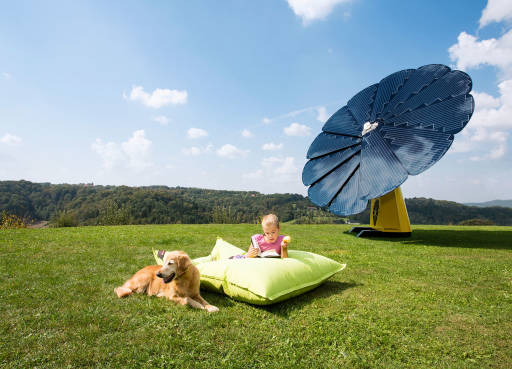The short answer:
Solar panels get installed on your roof (or ground mounted in your yard).
They generate clean energy & your electricity bill goes bye bye!
The long answer:
Here are 6 things to know about rooftop solar.
1: There are several payment options.
- There are typically 4 ways you can pay for solar panels: pay in cash, get a loan, get a lease, or sign a Power Purchase Agreement (PPA).
- We wrote a whole post breaking these down for you here.
2: You qualify for a federal tax credit, aka money!
- If your solar panels are installed by the end of 2022, you can claim 26% of the cost on your federal taxes.
- The Federal Solar ITC can be a little confusing to understand, we wrote all about it here.
3: You can earn money for the extra electricity you generate.
- In some states, if you generate more power than you use, your utility company will pay YOU. What?!
- This is called "net-metering". Read more about that on NREL.gov.
4: Your roof maters.
- When you get a quote for rooftop solar, most installers will ask you how old your roof is & what material it's made out of.
- Solar panels will generate electricity for 25+ years, so you want your roof to be on the newer side before installing solar to avoid needing to uninstall and reinstall your panels.
- Some roof materials may make it more difficult to attach solar panels too. It may not be impossible, but a matter of finding an installer who can work with you.
5: You don't have to get'em on your roof!
- If your roof is shady, you can also get ground mounted panels.
- There are also stylish solar pergolas & patio coverings available these days.
6: You are connected to the grid, unless you get battery storage.
- When you install rooftop solar, you are still connected to the grid.
- The advantage of being grid connected: you use your solar energy during the day & energy from the grid at night.
- The disadvantage: if there is a blackout in your area, you will not have power.
- You can go completely off the grid with battery storage or even a combination of being grid-tied with a battery back-up.
Phew, that was a lot!
Got a question or topic you want us to cover? Contact us.



